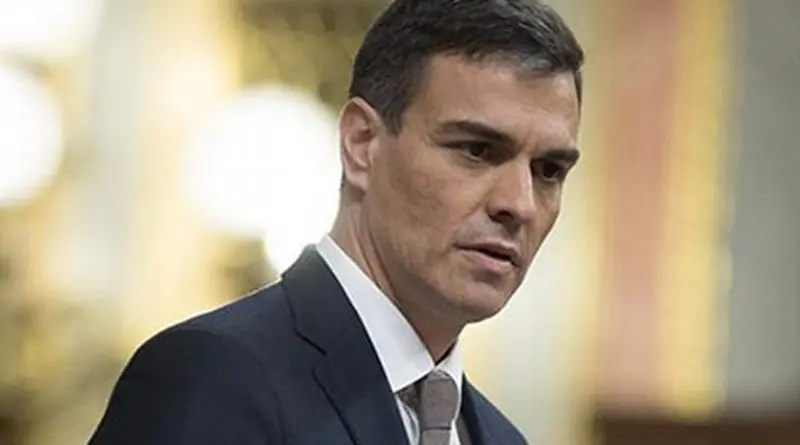Spain In Deadlock: Sánchez Fails To Obtain Support Necessary To Be Invested As Prime Minister
Spain’s Acting Prime Minister and candidate to head the Government, Pedro Sánchez, did not receive this week the confidence of the plenary session of the Lower House of Parliament in the second round of voting on his investiture.
Since Sánchez did not receive the confidence of the House, new proposals may be made following the provisions established in Article 99 of the Constitution.
If, after the period of two months from the first round of voting on the investiture (July 23), no candidate is invested, then Parliament will be dissolved and new general elections called.
At the start of the third day of the investiture debate last Thursday, Pedro Sánchez stressed that this session closed off the commission he received from the Head of State. The Acting Prime Minister regretted the ongoing parliamentary stalemate that prevents the formation of a progressive government which does not exclusively depend on pro-independence groups to be invested.
Pedro Sánchez claimed that he aspires, “and this has been backed by the people of Spain, to head up the Government of Spain, but not at any cost or with any government.”
Sánchez argued that as Prime Minister he must be convinced that he heads up a plural and diverse team that is coherent and united, and also that each ministerial head is capable of managing their department to the benefit of the Spanish people, particularly those who most need it.
Sánchez said that if in order to become Prime Minister he must renounce his principles and form a government that will not be useful to the country, then he would prefer not to do so “at this time”.
Sánchez addressed the Spanish people to remind them that “a united Spain has overcome the worst crises in its history and will do so once again on this occasion” and, as leader of the most voted for party on April 28, he asked for the confidence of the Lower House to be invested as Prime Minister, “the greatest honor that can be bestowed on him as a Spanish citizen and as a democrat.”
Nevertheless, after speeches from the representatives of the parliamentary groups to establish their position, the MPs of the 13th Legislature delivered their decision on the candidature of Pedro Sánchez, who received 124 votes in favour, 155 against and 67 abstentions, out of 346 votes cast. He thus did not receive a simple majority – more votes cast in favor than against – in the second round of voting.

